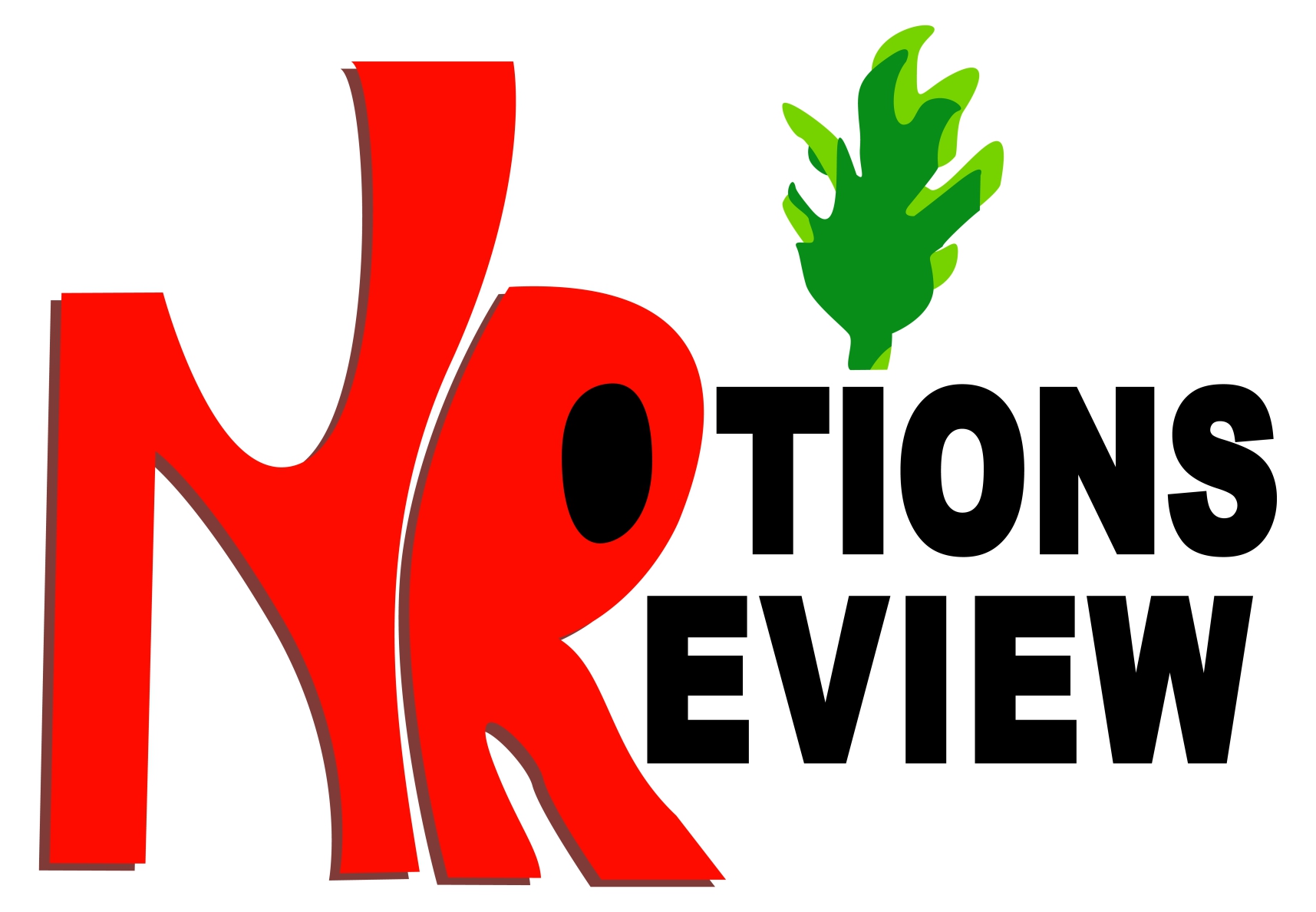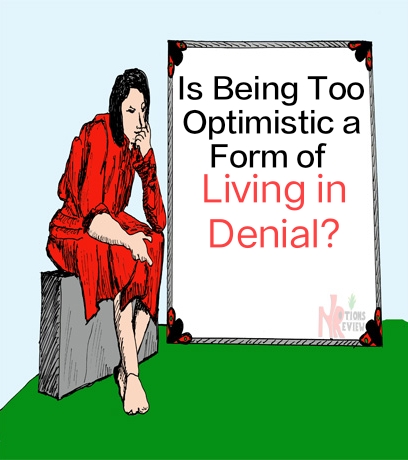Hope is a vehicle that makes light of every situation. Such an optimistic attitude helps provides calm and ample energy to keep at our goals. Being upbeat at all times is a positive way to look at life but is being too optimistic a form of living in denial?
When living life with expectations, challenges are not considered a major factor but a springboard for the attainment of a goal; whereby the mind is trained to look beyond the obstacles and a belief is born — that somehow, someway, all will end up well. While there’s no need in overstating that being positive in every matter of concern is refreshing, but if the proper boxes are not checked, it’s simply living in denial.
There are times when we wish that certain things are what we want even when it’s clearly the opposite. The act of such wishful thinking, where one refuses to come to terms with reality is what living in denial is about. In lesser words, it’s when one is living in a lie.
An Insurance broker trying to sell a life policy to persons that have chosen not to consider the prospects of life’s uncertainty will be left frustrated. Convincing a man who has embraced the luxury of living in denial is not an easy task. Such a salesman would be mistaken as trying so hard to sell a pessimistic idea.
Pessimism is by no means the way out of living a lie. It’s rather a negative approach that limits potential and relinquishes every iota of hope.
However, denial can give a faux sense of hope when it is deliberate. The open rejection of stark possibilities can help the mind go through a period of uncertainties. For some, it helps them enjoy life to the fullest. Ignoring the probabilities does nothing to a destined reality that’s only waiting for time to become more revealing.
In dire situations, there will always be a question of being in denial when one chooses to remain optimistic nevertheless. The missing part of the puzzle is the right balance which can stir belief in a realistic projection. It can also be posited that human beings will cling to hope when facing a situation that has the likelihood of a positive or negative outcome. Our experience plays a role in how our expectations are shaped, thereby prompting us to have a rational stance or otherwise. When considering a rational approach, it becomes imperative to put hope in check as we wallow in our expectations of a preferred reality.
Choosing to react positively is the birth of optimism — a renewed sense of hope. It’s not being delusional, instead, it’s a better choice of perspective. However, it can be toxic.
Toxic optimism is denial that lacks better judgment and a sense of reasoning. Which in fact can be damaging if such daydreaming is carried on for a long time.
Denying a problem does not extinguish its existence but rather, it preserves it. When hope is applied without action, it’s a mere wish. A more realistic approach is when hope strings along with the right actions at the right time— such practices are the fulcrums of upright optimism.
Optimism is a tool that has to be used astutely by learning the ways by which a feeling of hope can be optimised. For optimism to be valid, there has to be a measure on a realistic scale that shows the probability of an expected outcome. After properly analysing the scale, the results will relate to us if we are living in denial or if we actually stand a chance of getting our ambitions realised.
When we go beyond that realistic scale, we transcend into living in denial, and funnily, that’s not even the worst. There are realms of denial one would reach and it will be likened to a case of psychosis. Ascending to a belief higher than what is attainable is toxic and illusional. Reality has proven to be the thriving ground for real optimism.
When reality is not in close proximity to expectations, optimism fills the void. Optimism is a persistent hope that sometimes works with denial when overcooked. The close relationship between optimism and denial makes it a tad difficult to tell them apart, hence the need to scale thoughts with the possibilities of our expectations.

